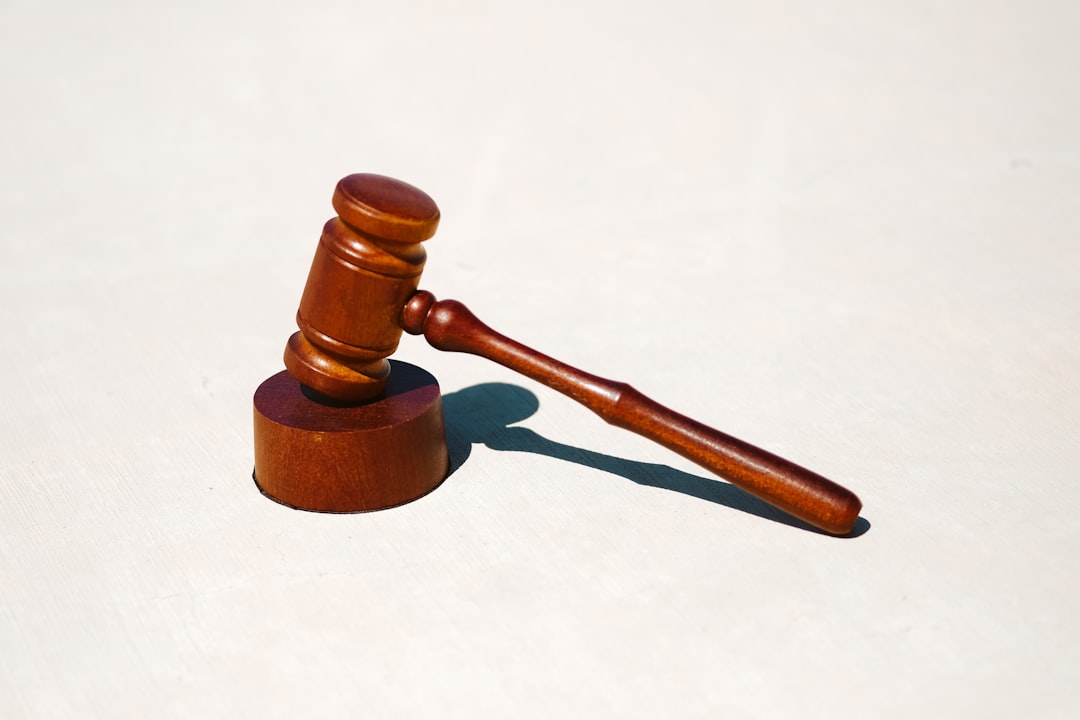Rape law firms in Illinois play a crucial role in navigating complex DNA evidence cases in Rockford. They scrutinize collection methods, test reliability, and human error to ensure fair trials. Using expert testimony and strategic challenges, these firms clear the innocent and protect client rights, as seen in successful acquittals and charge dismissals due to DNA inconsistencies and procedural errors.
In Rockford, Illinois, as in many jurisdictions across the US, DNA evidence plays a pivotal role in rape cases. However, understanding and challenging this evidence is crucial for justice. This article explores strategies employed by top rape law firms in Illinois to successfully contest DNA results. We delve into the science behind DNA testing, common challenges like contamination and human error, and the power of expert testimony to discredit scientists’ conclusions. Through case studies, we highlight successful outcomes, emphasizing the importance of skilled legal representation for fair trials.
Understanding DNA Evidence in Rape Cases

In the realm of rape cases, DNA evidence stands as a powerful tool in both convicting culprits and exonerating the innocent. When it comes to Rockford, Illinois, rape law firms often find themselves navigating complex legal landscapes where understanding this scientific evidence is paramount. DNA can link suspects to the crime scene, match bodily fluids to victims or potential attackers, and provide irrefutable proof of sexual assault. However, it’s crucial for attorneys and their clients to grasp the intricacies of its handling, testing, and interpretation.
Rape law firms in Illinois need to be adept at scrutinizing the collection process, as any contamination or mishandling can compromise the evidence. They must also delve into the reliability of testing methods and the potential for human error. Moreover, attorneys should explore alternative explanations for DNA matches and consider challenges related to database matching algorithms. Such a deep understanding equips them to effectively challenge DNA evidence, ensuring fair trials and upholding justice in Rockford rape cases.
Challenges: Contamination and Human Error

Challenges such as contamination and human error can significantly impact the integrity of DNA evidence in Rockford rape cases. When dealing with sensitive biological materials, proper collection and handling procedures are paramount to prevent any tampering or contamination that could compromise the results. This is especially crucial in rape investigations, where the accuracy of evidence can make a substantial difference in the outcome of a case.
Rape law firms in Illinois often scrutinize DNA evidence for signs of mishandling or procedural errors. Human error during collection, storage, or testing can introduce variations that may lead to false positives or negatives, potentially undermining the validity of the evidence. Therefore, strict adherence to protocols and regular training on best practices are essential for all personnel involved in handling DNA samples in rape investigations.
Expert Testimony: Discrediting Scientists

In challenging DNA evidence in Rockford rape cases, expert testimony plays a pivotal role. Rape law firms in Illinois often employ scientific experts to cross-examine prosecutors’ DNA analysts. These experts scrutinize every step of the collection, testing, and interpretation process to identify potential biases or errors. They may point out issues like contamination during collection, improper handling, or outdated techniques used in analysis, which can significantly weaken the prosecution’s case.
To discredit scientists, defense attorneys may question their methodology, challenge their qualifications, or expose any financial conflicts of interest. By presenting alternative explanations and scientific literature, they aim to create reasonable doubt about the accuracy and reliability of DNA evidence. This strategic approach has proven effective in many high-profile cases, demonstrating the importance of robust expert testimony in navigating complex rape trials within Illinois’ legal framework.
Legal Strategies for Illinois Rape Law Firms

In Illinois, rape law firms employ various legal strategies when challenging DNA evidence in Rockford rape cases. One common approach is to question the reliability and accuracy of the testing methods used. This includes examining whether proper protocols were followed, as well as potential contamination or human error during collection and analysis. Experts can also dispute the interpretation of results, arguing that certain levels of genetic material do not definitively prove sexual assault.
Additionally, rape law firms may delve into the history of DNA testing, highlighting any known inaccuracies or controversies surrounding its use in criminal cases. They might also challenge the admissibility of DNA evidence under specific circumstances, such as when proper chain-of-custody protocols were not maintained. These strategies aim to protect the rights of clients and ensure that justice is served, especially considering the sensitivity and potential for error in sexual assault investigations.
Case Studies: Successful DNA Challenge Outcomes

In numerous cases, skilled rape law firms in Illinois have successfully challenged DNA evidence, leading to significant outcomes for their clients. One notable example involves a client who was accused of rape based on faulty DNA analysis. Through meticulous cross-examination and expert testimony, the defense team exposed inconsistencies in the collection and interpretation of the DNA samples, ultimately securing an acquittal.
Another successful challenge occurred when a rape law firm pointed out procedural errors during the handling of evidence, causing the DNA results to be deemed inadmissible. This strategic move resulted in the dismissal of charges, demonstrating the impact of thorough investigation and knowledge of scientific protocols. These case studies highlight the importance of robust legal representation in rape cases involving DNA evidence.






